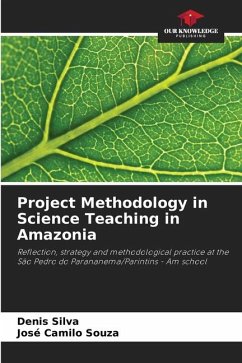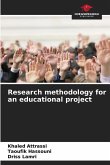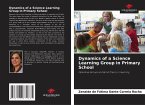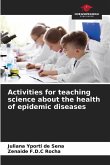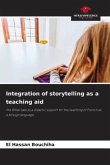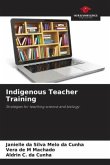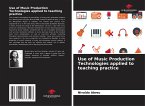The construction of the Project Methodology for the teaching and learning of science took place with the children who study and live in the community of Parananema at the São Pedro school. It allowed us to revisit the personal and professional trajectory of life in order to prepare and carry out proposals for classes in which the students took advantage of every moment of learning through doing science, creating meanings, being autonomous and spontaneous in seeking and sharing the knowledge acquired, whether in the community or at school. Based on this, the study sought to understand how students in the fifth year of elementary school at the São Pedro Municipal School perceived the links between everyday knowledge, the lived world and science teaching through Project Methodology. We identified that children's lived, perceived world is fundamental to the development of science teaching practices that seek to make learning meaningful, exploring everyday life in the place where theylive. Merleau-Ponty (2004, 2011, 2014) and Le Breton (2007) indicated ways to build links between scientific and everyday knowledge using Project Methodology.
Bitte wählen Sie Ihr Anliegen aus.
Rechnungen
Retourenschein anfordern
Bestellstatus
Storno

